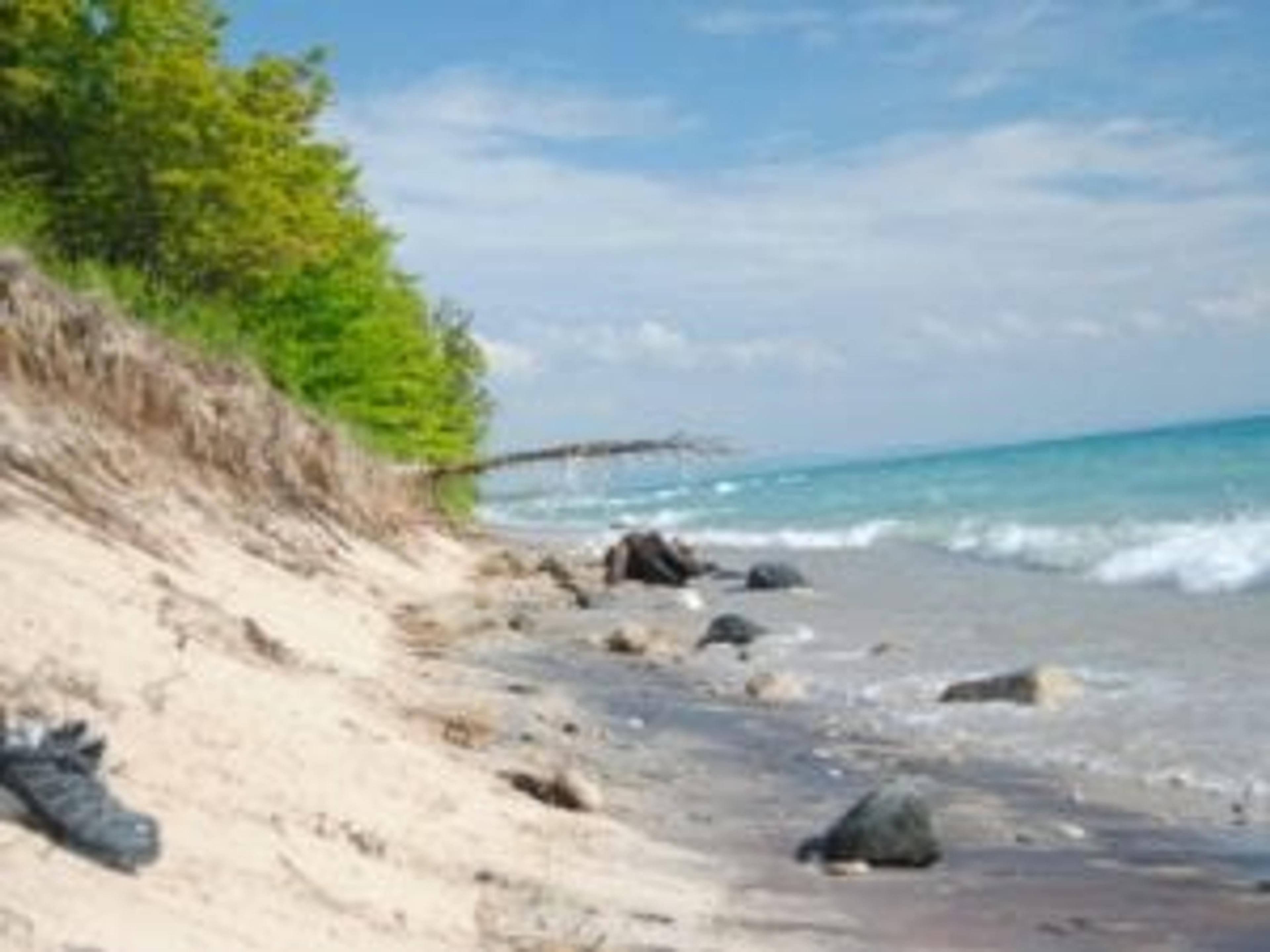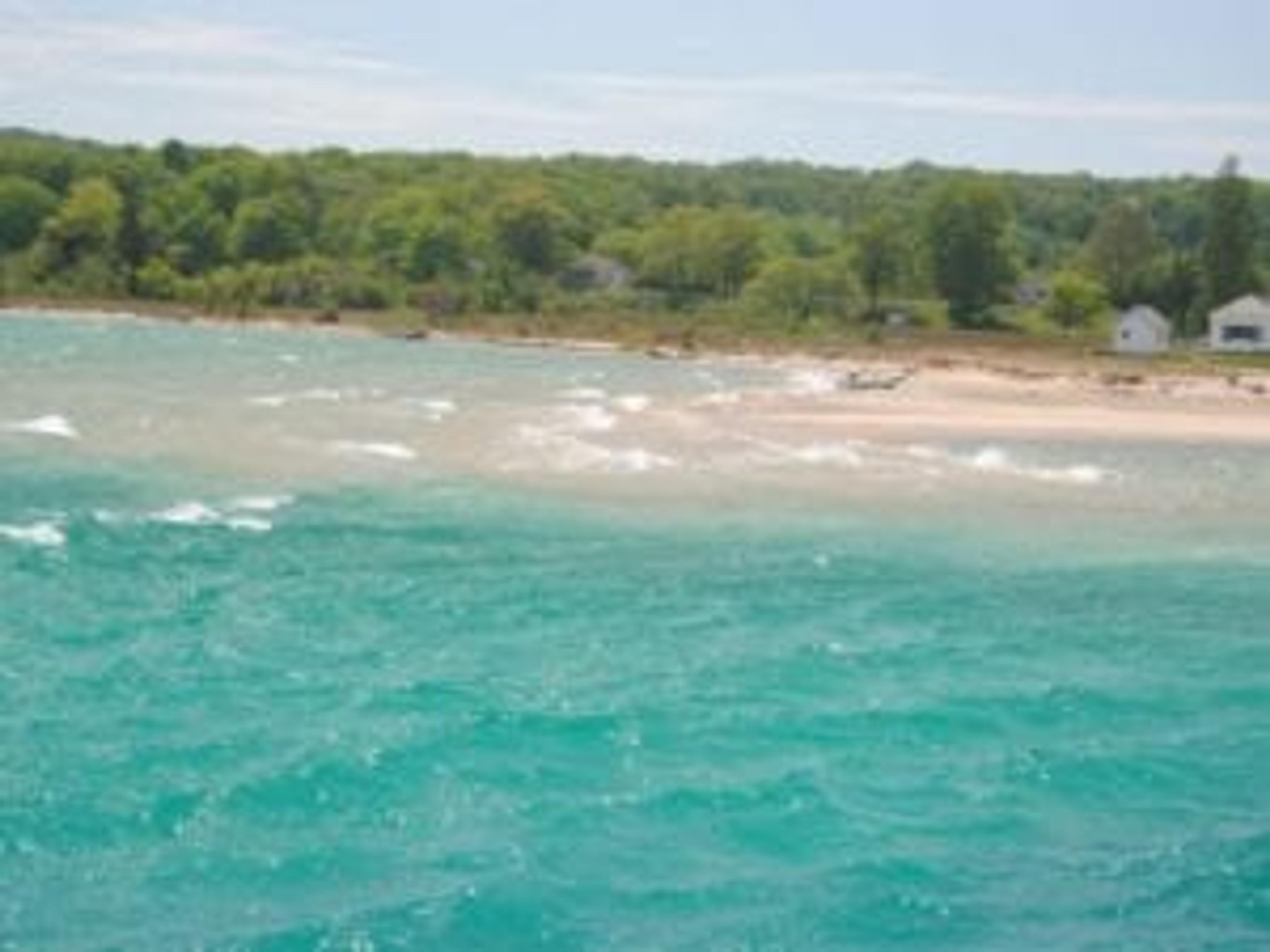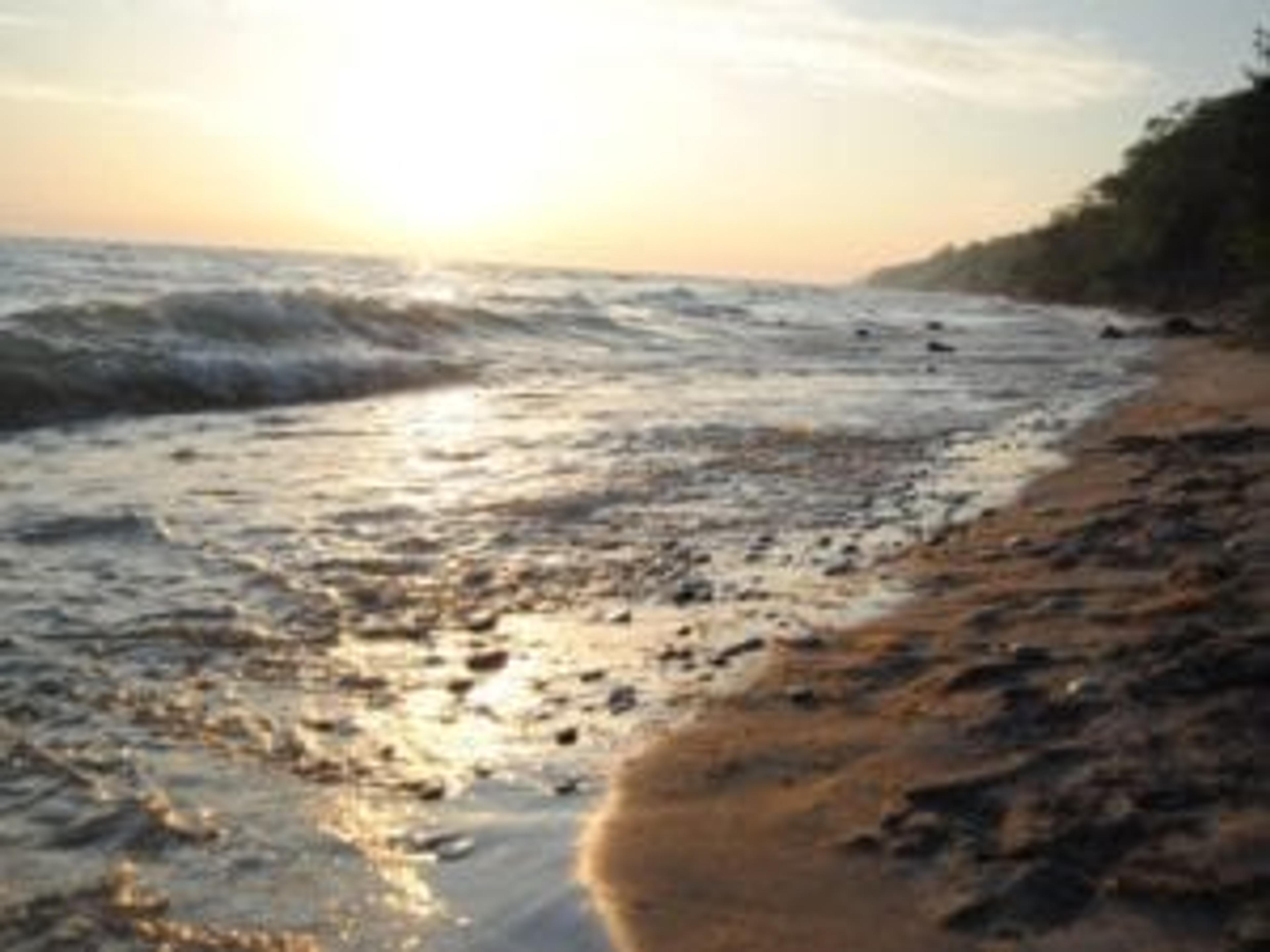A Beginner’s Guide to Backpacking Michigan’s Manitou Islands
| 3 min read

As a lifelong Michigan resident I’ve enjoyed my share of memorable camping trips, but it wasn’t until I spent a weekend on North Manitou Island that I realized there was a side to camping I never knew existed.
The Manitou Islands are a set of islands along Michigan’s National Lakeshore near the Sleeping Bear Dunes. The islands offer breathtaking views and a true backcountry (also known as “really roughing it”) camping experience.

For those who are considering a Michigan backpacking trip, here are a few tips to make your trip to North Manitou Island comfortable and enjoyable:
- Know what you’re getting into. Backpacking isn’t for everyone. If you prefer the type of camping experience that offers shower and bathroom facilities, easy access to air conditioned buildings and/or the ability to come and go as you please, this might not be for you. A camping trip to North Manitou involves carrying everything you need on your back, hiking several miles per day, and burying human waste in a “cat hole” (outhouses are only available near the ferry dock). It’s an amazing and “primitive” experience, for those who can endure the great outdoors.
- Pack the essentials: You will need a backpack, tent, water bottles and filtration equipment, hiking boots, rain gear, hiking clothing (hiking pants are worth the investment!) and of course, food. The National Park Service has a comprehensive packing list available here.
- Create a meal plan. You’ll need to be strategic about what food you bring, since carrying a weekends’ worth of ingredients plus cooking equipment can get heavy. Park officials recommend bringing two days’ extra worth of food in case the ferry doesn’t run to the island due to weather (yes, that’s a possibility). We carried plenty of portable snacks such as trail mix and granola bars, and our meals included delicious chicken fajitas, personal pizzas and breakfast burritos. Remember to keep food stored at the right temperature.
- Book your tickets and permits in advance. Getting to north or south Manitou Island involves about a one-hour ferry ride. You will need to purchase your ferry tickets in advance to ensure you can get on and off the island according to your scheduled plans. You’ll also need to purchase a park entrance pass and camping permit through the National Park Service.
- Go with an experienced guide. There are no stores and no medical personnel on the island. Aside from a ranger station and other campers, you’re pretty much on your own. In fact, with limited cell phone service, trail maps and markers are the only reference tools you’ll have. An experienced guide is key to a successful and safe trip for all. Our friends Trent and Chris were among several experienced backpackers with our group of seven campers. Without their guidance and expertise, we would have been in for a roller coaster of a weekend.
Check out some photos from my trip to Manitou Island below.







Do you love backpacking in Michigan? Share your tips and favorite memories with us by leaving a comment below.
If you enjoyed this post, you might also like:
Photo credit: Angela Loyd, A Healthier Michigan





